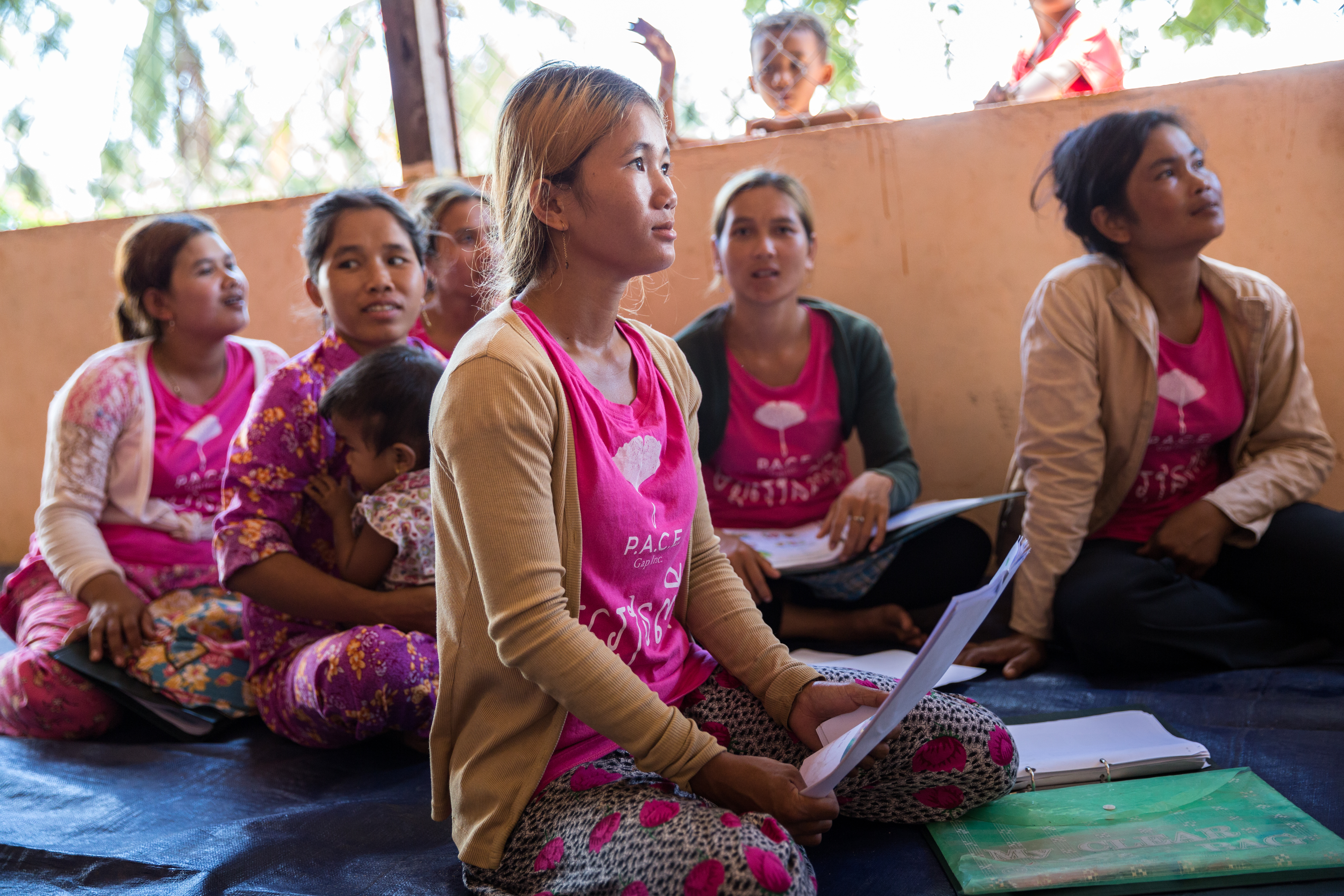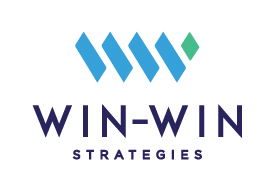Economic Empowerment Strategies that are a Win-Win for Women and for Business
The growing spotlight on women’s empowerment as a key to global prosperity has focused many companies on the importance of women in their value chains. Whether motivated by a desire to access talent, enhance employee retention, build market share, or strengthen supply chains, women’s economic empowerment is increasingly seen by many forward-thinking corporations as a powerful strategy to build a sustainable business and a strong brand.
Yet in the complex local contexts where many companies operate around the world, women’s economic empowerment is not a simple matter. As described the 2014 ICRW and Dahlberg report, The Business Case for Women’s Economic Empowerment: An Integrated Approach, effective economic empowerment strategies may need to do more than provide skills or training; they may need to take into account issues such as lack of access to reproductive healthcare or childcare, violence at home, in the streets or in the workplace, or lack of a safe place to save.

The existence of these intersecting issues has been reinforced in a number of other recent studies, from groups as diverse as the World Bank to McKinsey. In the World Bank’s 2016 Women, Business and the Law report, laws relating to mobility, spousal consent, and property rights were included in the list of 26 legal impediments to women’s economic empowerment. In a similar vein, McKinsey Global Institute’s 2015 Power of Parity report highlighted 10 “impact areas,” including global issues such as violence and more regional issues such as child marriage, that must be addressed to achieve gender parity and the resulting GDP growth. Particularly in light of the ILO’s recent report of only 3% GDP growth in 2016 – the lowest in six years - McKinsey’s finding that true gender parity would result in $12 to $28 trillion of global GDP growth by 2025 is particularly striking for businesses focused on the long term.
In this context, the question is how can companies most effectively use their resources to economically empower women in ways that are both transformative for women and sustainable for business?
At Win-Win Strategies, we believe that connecting the power of business to the deep assets of women’s funds and local women’s organizations is the most effective path to achieve this goal.
Women’s funds and local women’s organizations are gender experts in complex local contexts and have been using holistic approaches to address the challenges of empowering women and advancing their rights for many years. As such, they are often the most strategic partners for companies looking for shared value and sustainable impact in their supply chains. Local women’s organizations, along with the national and regional women’s funds that work closely with them, are trusted members of their communities, know how to navigate local, regional and national politics, and simply don’t go away.
Working with women’s funds and local women’s organizations to co-design, adapt and implement programs that are innovative and meaningful for business and for women is something that a few companies are already doing.
In Brazil, Avon has been partnering with Fondo ELAS (ELAS) to address issues of domestic violence – an issue important to Avon and its largely female employees and customers. Co-designing a Speak Out Without Fear Fund, Avon and ELAS ran a competitive process that reached out to grassroots women’s organizations in ELAS’ network to find innovative strategies to address domestic violence. The strategies funded included one which created income-generating businesses by professionalizing existing activities such as poultry raising, a soccer program to teach strategies to address GBV, and a rock concert which attracted young men and women to highlight the importance of this issue. In a recent case study of this partnership prepared by Win-Win Strategies for BSR’s Investing in Women initiative (now the Business Action for Women initiative), Lirio Cipriani, the Executive Director of Instituto Avon noted that this partnership “has enabled Avon to support solutions [to end domestic violence in Brazil] that are appropriate for the local conditions and, as a result, can lead to more profound and lasting transformation.”
Another example is a new pilot project that Gap Inc. is co-designing with Win-Win Strategies, two women’s funds (Semillas in Mexico and Fundo Centroamericano de Mujeres (FCAM) in Central America) and a number of local women’s organizations. Though just beginning, this project will bring the P.A.C.E. (Personal Advancement and Career Enhancement) curriculum to new communities in Mexico and Central America. Begun by Gap Inc. in 2007, the P.A.C.E. life skills program has been evaluated by ICRW to be effective in achieving powerful social and business impact in factory contexts. Through this new partnership, leaders of Semillas, FCAM and local women’s organizations in their networks will co-design ways to adapt P.A.C.E. to be most effective in new community settings, as well as become certified as P.A.C.E. teachers, with skills to deliver the program more broadly in their communities and beyond. Using technology to get rapid feedback, Win-Win Strategies hopes to assess and adapt the program as it is implemented to maximize its effectiveness, share knowledge, and ultimately, facilitate scaling through local replicability in other geographies.

Notwithstanding these and other examples of important and innovative partnerships with women’s funds and local women’s organizations, there remain a number of challenges for companies that wish to pursue these strategies. It can be difficult to locate the best local partner in a number of settings and manage work with multiple partners. Even with common goals, bridging the different “languages” spoken in the corporate world and those spoken by local women’s NGOs often requires new skills on both sides. And the importance of investing in developing and sharing data as to what works is often underestimated as a key to scaling internally in a corporation and with others.
Win-Win Strategies hopes to serve as a bridge builder to help companies and local women’s organizations address these challenges and build new sustainable partnerships that are transformative both for women and for business - a “win-win” for all.
Marissa Wesely is the CEO of Win-Win Strategies, a non-profit social enterprise.



